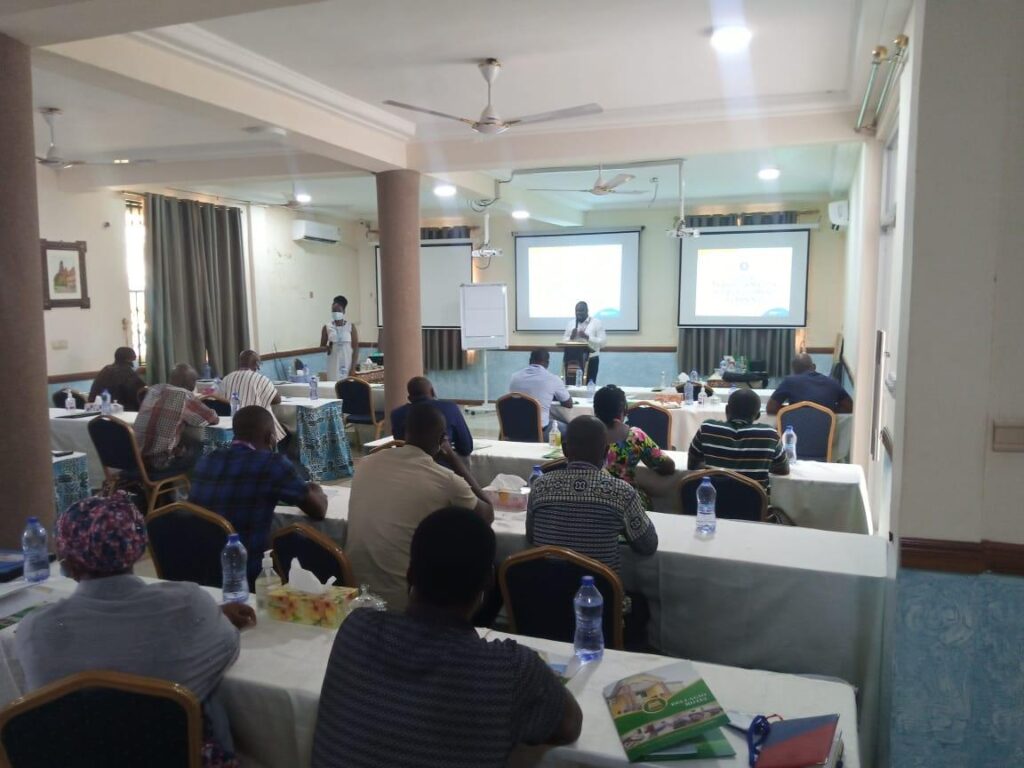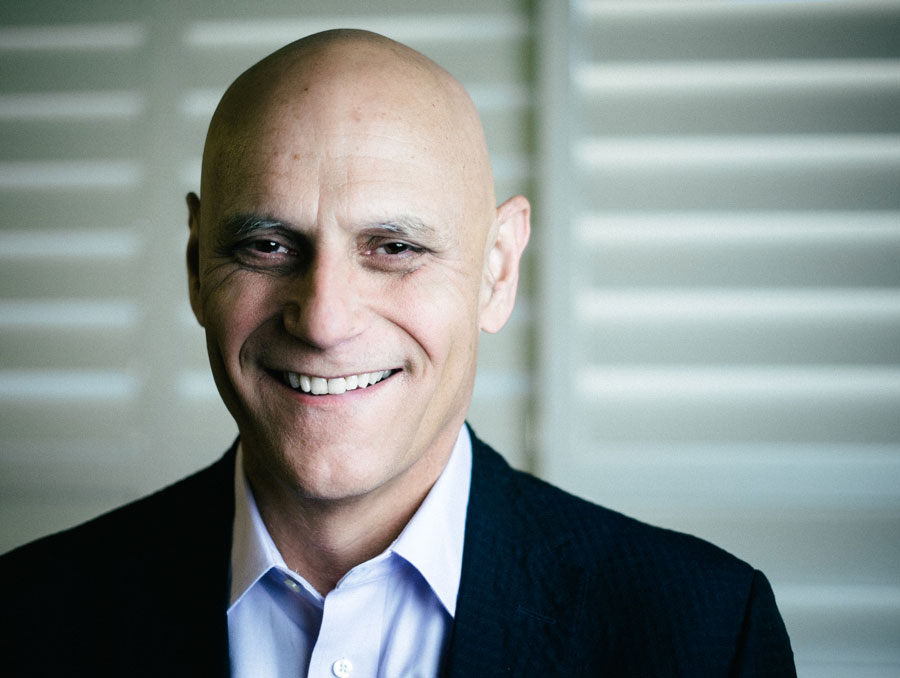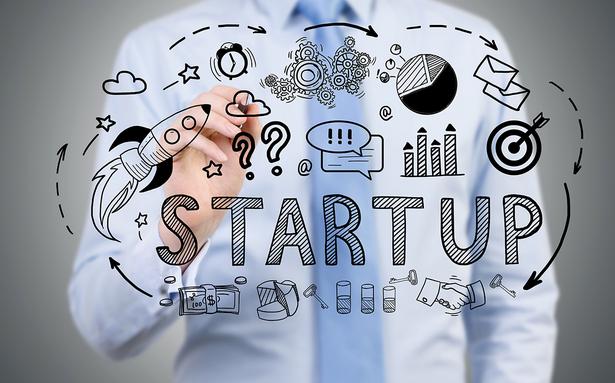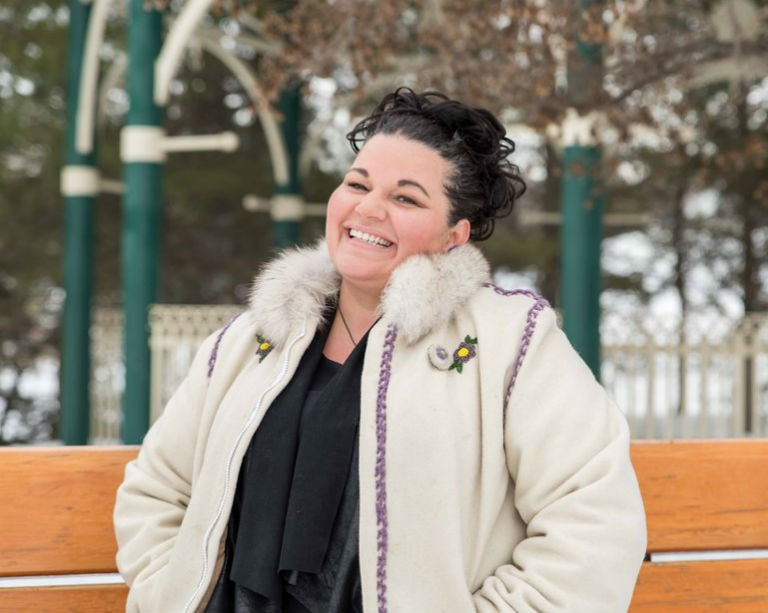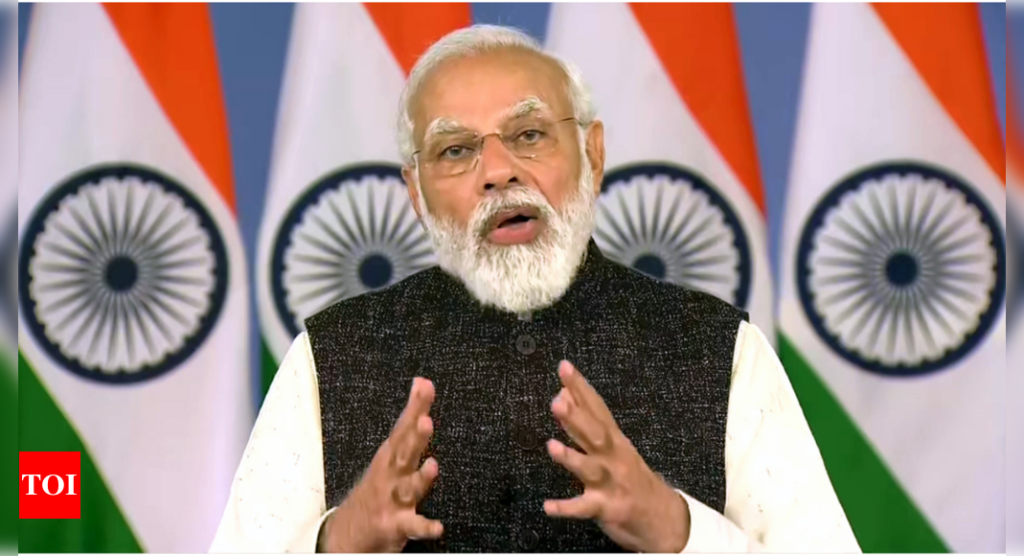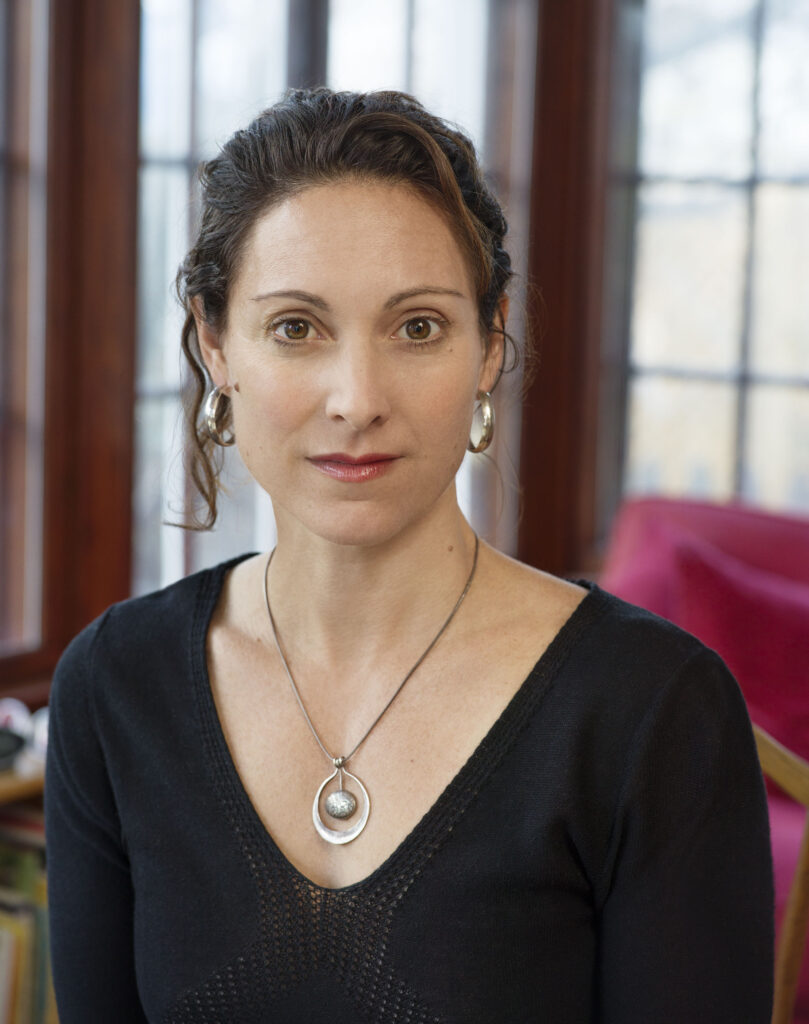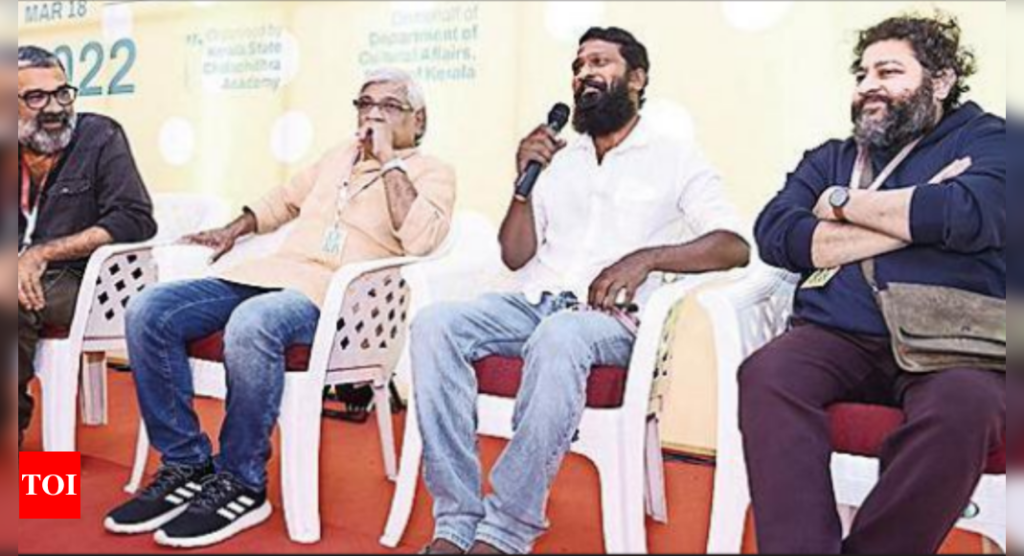Representatives of a number of national Baha’i communities recently gathered at the Baha’i World Center to reflect on the past years of learning experience of participation in societal discourses. The Baha’i World News Service took the opportunity to interview groups of representatives about their experiences and insights into this field of activity. Listen to one of these conversations in this week’s story.
The next report, to be published later this month, will include an interview on a specific discourse that is becoming increasingly prevalent in countries around the world: the role of religion in society.
Podcast: What does participating in societal discourse mean?
In this podcast, Saba Detweiler from Germany, Rachel Bayani from the BIC Brussels office, Vahid Vahdat from Brazil and Karl Wightman from the UK discuss the efforts of regional and national Baha’i communities to participate in societal discourses.
Subscribe to the BWNS podcast for additional audio content.
RSS | itunes | SoundCloud | To agree | iHeart | embroiderer
BAHA’I WORLD CENTER — In recent years, Baha’i national institutions and regional agencies have systematically engaged in societal discourses, such as migration and integration, social cohesion, racial unity, the role of religion in society and climate change. , to name a few.
The phrase “participation in the discourses of society” is increasingly used to describe the involvement of the Bahá’í community in broad conversations for social betterment.
Discourses take place at different levels. Individuals can contribute to discourses in their professions or fields of study. Many individuals and communities are drawn into discourses on issues vital to their neighborhoods and villages. Non-governmental organizations inspired by Baha’i teachings, for example in the area of social and economic development, contribute discourses related to their efforts. The formal participation of the Bahá’í community in discourses related to the welfare and progress of society is facilitated at the national and international levels by the Offices of External Affairs and the Bahá’í International Community, respectively.
“There are conversations going on all over society that different people are participating in,” Vahid Vahdat, from Brazil, explains in the podcast. “You have government officials, you have the media, you have religious communities, you have local organizations, national organizations, NGOs, and they are all concerned with certain issues. How does our society advance the equality of men and women? How do we deal with prejudice? How to create united societies? So, as a Baha’i community, we participate in those conversations.
Whatever the context, Baha’is learn to contribute ideas and experiences that are relevant to the profound challenges facing humanity today. In doing so, they strive to adopt a posture of humility, engage in genuine conversation, contribute generously to relevant Baha’i principles, and learn with and from other like-minded individuals and groups.
“It’s not just about bringing ideas to the Baha’is; it’s about everyone in society at large trying to push that thinking forward and shift the trajectory of humanity’s ultimate development a bit, incrementally over time,” notes Ida Walker from Australia.
This conception of participation in discourses is about cooperation, collaboration and inclusiveness. “It requires the participation of every member of society,” adds Saba Detweiler from Germany. “And by engaging in conversations with different people, with different organisations, our common understanding will find expression in action. And the action can take different forms.
Bahá’í efforts to contribute to the advancement of thought have their origins in the earliest history of the Faith. Bahá’u’lláh, while a prisoner and exile in Edirne and later in Akka, spoke to the rulers of his time. He put forth far-reaching spiritual principles and wrote on a range of topics, including issues of great concern to world leaders at the time, for example, calling for the establishment of international peace and disarmament and the abolition of slavery, praising the benefits of representative government and challenging leaders to give due consideration to the rights and dignity of the poor. Another example is the penetrating analysis of Persian society by ‘Abdu’l-Bahá in a treatise widely circulated to the Iranian people, written in 1875, on the conditions which would lead to the progress and prosperity of the nation.
Since its inception in 1948, the Baha’i International Community (BIC) has consistently sought to contribute constructively to international discourses at the United Nations. From its inception, the BIC has promoted the advancement of women and the education of the girl child, the latter becoming a major subject of discourse in development circles from the 1980s and a strategic focus of development efforts ever since. Global citizenship education is another topic that has been highlighted by the BIC and has also become a widely recognized element in the UN’s efforts to promote education. Today, the BIC participates in many discourses such as equality between women and men, human rights and sustainable development.
In this podcast, Ms. Detweiler from Germany interviews a group of Baha’i representatives on the experience of the Baha’i community contributing to speeches on the national and international stages: Rachel Bayani from the BIC office in Brussels, Mr. Vahdat from the Brazil, and Karl Wightman from the UK.


